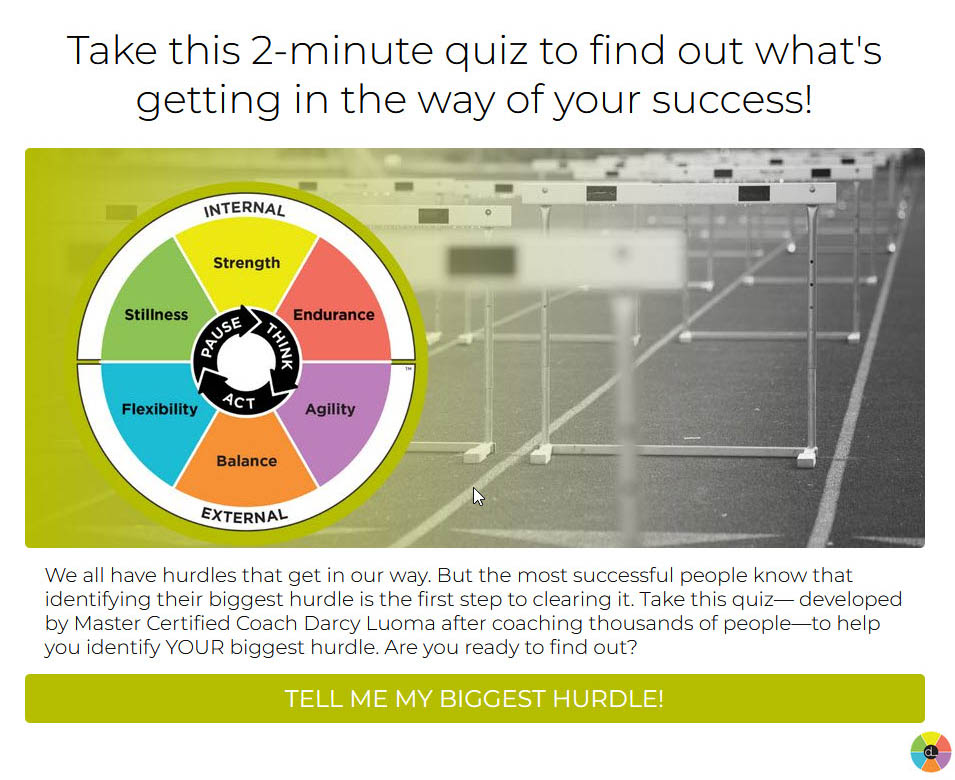It’s funny how people say nice things about your work when you’re retiring – but neglect to appreciate you before then!
I’m paraphrasing a bit here, but this is what my physical therapist friend conveyed to me by text on her last day at work.
I can imagine her colleagues have been experiencing compassion fatigue. Perhaps they’re worn down from caring for patients and the stress of rising prices.
But as an Organizational Development Consultant who’s spent decades observing how teams interact with each other, I can assure you that my friend’s not alone in feeling underappreciated. Over the years, I can’t tell you how many times I’ve seen staff complain in employee engagement surveys that their manager’s efforts to appreciate them felt like “checking the box.”
Gratitude Isn’t Just Another To-Do
In this season of thanksgiving, I’m curious. If gratitude is so important, why does it take a big event like retirement to bring appreciation out of us? Why don’t we do it more often?
To find out, let’s turn to a premier expert on gratitude: Professor Robert Emmons from UC Davis. Emmons argues that integrating gratitude into your life is key, as opposed to viewing it as just another item to check off your to-do list.
As a straight-talking ENTP, let me share more about what that means.
If you’re a manager who’s already got too much to do, viewing gratitude as just another task is going to make you feel resentful. It’s not going to make you want to appreciate your employees sincerely. And, trust me, your employees won’t feel appreciated either – even if you tell them they are.
Writer and blogger Mark Manson famously argued that many people have a facile idea of what love is, confusing transactional relationships and butterflies in the stomach with real, unconditional love.
In that same spirit, maybe some teams don’t know what gratitude is, either. Merely saying “thank you” indicates nothing if you don’t truly mean it.
By contrast, if gratitude becomes an integrated daily practice like Emmons says, it benefits your relationships, helps you deal with adversity, and even improves your health! Gratitude like this isn’t just an add-on. It’s a way of being.
The Gratitude Volcano
I like to think of gratitude like a volcano. You might not have the most positive associations with volcanoes, I know, but bear with me for a moment.
Imagine an amorphous pool of warm energy flowing underground. It’s a bit like a groundswell of thankfulness – positive energy that hasn’t yet been directed at anything in particular. As that energy rises and coalesces, it can take the form of feelings of gratitude.
But at this stage, these feelings are still internal contemplations, rather than something you share with other people. When the volcano erupts, it spurts lava everywhere, bringing recognition to others and extending that inner gratitude outwards.
This eruption of positive energy not only makes others feel good, but also floods your body with uplifting endorphins, banishing any draining stress hormones.
Developing Gratitude From Stillness
So do you see how gratitude necessarily has to begin with an inner practice before it can be shared with the rest of the world? If you don’t take the time to be still and cultivate gratitude internally, it’ll be harder to share your inner fire with the rest of the world.
Every day at 4pm, I get a calendar notification on my phone asking, “What’s one thing you’re grateful for today?” It doesn’t have to be anything grand: it might be a conversation with a good friend, an appreciative message from a coaching client, or even a tasty piece of fruit I had with my lunch.
This is a small habit, but one that reminds me to take a little moment of Stillness daily to build that practice of gratitude.
You too can build your own practice of Stillness. By taking time to quiet your mind, you’ll access your inner gratitude, allowing you to appreciate those around you sincerely, rather than just checking a box. Because we always have to be right with ourselves before we can do right in our relationships.
So the next time you want to dial up the appreciation, try the following Thoughtfully Fit core workout:
- Pause: Take a time-out to be still for a moment. Trust me, you can always afford 2 minutes!
- Think: What are you feeling grateful for right now? What is this experience helping you to learn?
- Act: Now that you’ve focused on filling your own cup, you’ll be in a better position to give recognition to others as well.
As for my friend, she’s now enjoying a well-deserved retirement. And I’m sure she’s grateful for that!
P.S. Darcy was invited to speak at the 2022 Midwest Speakers Bureau Showcase, which was a great experience – though sharing a meaningful message in 13 minutes was challenging! Contact us today to book your keynote for 2023.




